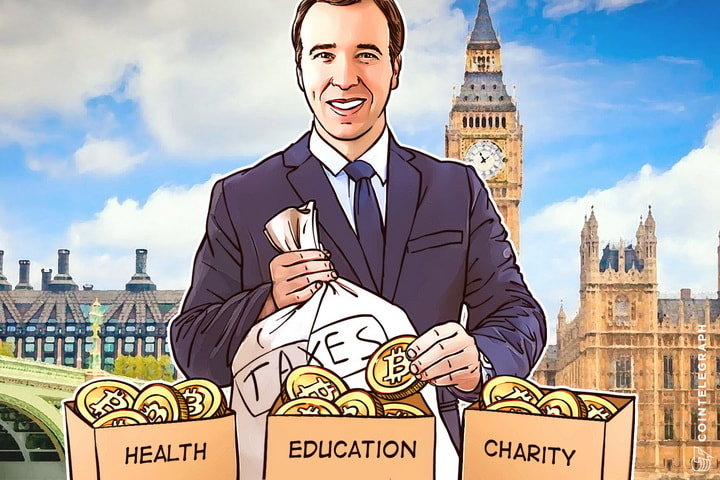The UK Government is exploring the Blockchain as a possible way to increase efficiency. The digital currency, Bitcoin’s distributed ledger may help distribute taxpayers’ money as well as grants and student loans.
On Monday, at a Blockchain networking event in London, cabinet minister and paymaster general Matt Hancock said that the Blockchain could “foster a new level of trust”.
Government cannot bury its head in the sand
"Government cannot bury its head in the sand and ignore new technologies as they emerge, said Hancock. - That is partly what happened in the past in government with the web ... We cannot let that happen again by standing still."
The UK has had a sketchy record with government IT systems in the past with previous IT problems having hit the passport agency, the tax credit system and most famously the National Health Service which was forced in 2011 to abandon a multi-billion pound blueprint to computerise every patient record.
Central banks, financial institutions and governments around the globe now finally look at the Blockchain in a favorable light, with many comparing its current level of development to that of the early internet.

Pinch of salt
The Bank of England recently called it a “key technological innovation”. But Mr Hancock cautioned against what he called the hype stating:
“Blockchain technology is not going to solve every problem; it’s not going to work in every context.”
Even though the original Bitcoin Blockchain is over seven years old, most financiers and technologists believe the technology will not be adopted broadly for another five to 10 years.
But it was no more than a year or two ago that it was being completely dismissed by the same people.
So their timescale predictions on mainstream adoption can be taken with a pinch of salt, and with the speed of adoption now happening with the likes of Goldman Sachs and Barclays onboard already with Circle, things may happen much sooner.
Banks and other financial institutions are increasingly investing in blockchain technology, reckoning it could cut their costs and make their operations faster and more transparent with some even experimenting with their own versions of the distributed ledger.
A blockchain works as a decentralised ledger that is verified and shared by a network of computers, and can be used to record data as well as to secure and validate an exchange of assets, such as currencies or commodities.
The problem with these other distributed ledgers being tested is that they lack the security offered by the bitcoin blockchain to securely move value around on.
Combine this with miners scattered around the globe from students in basements in Ireland to mining farms in China providing the hashing power of the protocol which is over 100 times more powerful than Google, it's decentralised secure nature is in a league of its own.


